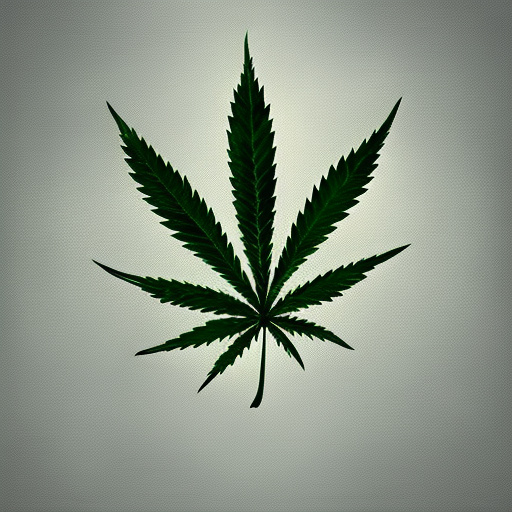
A recent analysis published in the Journal of the American Medical Association has discredited the notion that legalization promotes adolescent cannabis consumption. The study, which examined federal Youth Risk Behavior Survey data published between 1993-2019 in ten medical or adult-use states, found that the impact of policy change on adolescent cannabis consumption is “statistically indistinguishable from zero.” In fact, the implementation of regulated cannabis models appears to reduce marijuana use among adolescents.
Anti-cannabis lobbyists may be surprised to learn about the federal study’s findings, with prohibitionists arguing that cannabis legalization encourages younger consumer behavior. However, researchers learned that recreational cannabis legalization “was not associated with current marijuana use or frequent marijuana use.” Additionally, “Medical marijuana law (MML) adoption was associated with a 6% decrease in the odds of current marijuana use and a 7% decrease in the odds of frequent marijuana use.”
Partially funded by a federal National Institutes of Health grant, the study into youth cannabis use also discovered that consumption plummeted in states where adult-use legalization had been enacted for two years or more. As of 2019, ten U.S. states had legalized cannabis for adult-use purposes.
“This study provides additional evidence that legalizing and regulating cannabis does not result in increased rates of use among teens. In fact, it suggests that cannabis legalization laws might be decreasing teen use,” said Matthew Schweich, deputy director of the Marijuana Policy Project.
Director of the National Institute on Drug Abuse (NIDA) Nora Volkow told reporters during a recent interview that despite her trepidation about the potentially negative consequences of legalization, it has not influenced youths to use more cannabis. While voicing her opinion on Drug Policy Alliance founder Ethan Nadelmann’s podcast, Volkow said that she was “expecting the use of marijuana among adolescents would go up” when states enacted cannabis legalization but acknowledged that “overall, it hasn’t.”
Various organizations such as the American Academy of Pediatrics have raised concerns regarding legalization and its impact on youth marijuana use. Nonetheless, past research supports the JAMA Network Open study’s findings. For example, a federal report published in May 2021 by the U.S. Department of Education’s National Center for Education Statistics (NCES) highlighted data on youth surveys of high school students between 2009 and 2019. “No measurable difference” was observed in the percentage of 9th-12th grade students who reported using cannabis at least once within the last month.
A Monitoring the Future Report released in late 2020 found that cannabis consumption among adolescents “did not significantly change in any of the three grades for lifetime use, past 12-month use, past 30-day use, and daily use from 2019-2020.” Funded by NIDA, the annual drug use survey of eighth, tenth and twelfth-grade students was conducted by researchers at the University of Michigan.
An earlier analysis published by the Centers for Disease Control and Prevention found that marijuana consumption among high school students sank during state-legal recreational cannabis legalization. The organization notes that 37% of U.S. high school students reported lifetime use of marijuana in 2019 and 22% reported use in the past 30 days. Findings published in the biennial Youth Risk Behavior Survey (YRBS) revealed “no change” in the rate of current cannabis consumption among high school students from 2009-2019. Conversely, when using a quadratic change model, lifetime marijuana consumption was reduced during this same time period.
The JAMA Network Open study adds to previous research finding no correlation between legalized adult-use or medical marijuana laws and increased teen usage rates. However, researchers have noted that further studies are needed to draw firmer conclusions about how regulated models affect youth behavior.
In conclusion, while there are still concerns about how legalization could impact adolescent behavior regarding drug usage; studies discrediting or finding no correlation between legalization and increased teen usage rates should continue to be taken into account as policymakers examine legalization policies across various jurisdictions throughout America.

